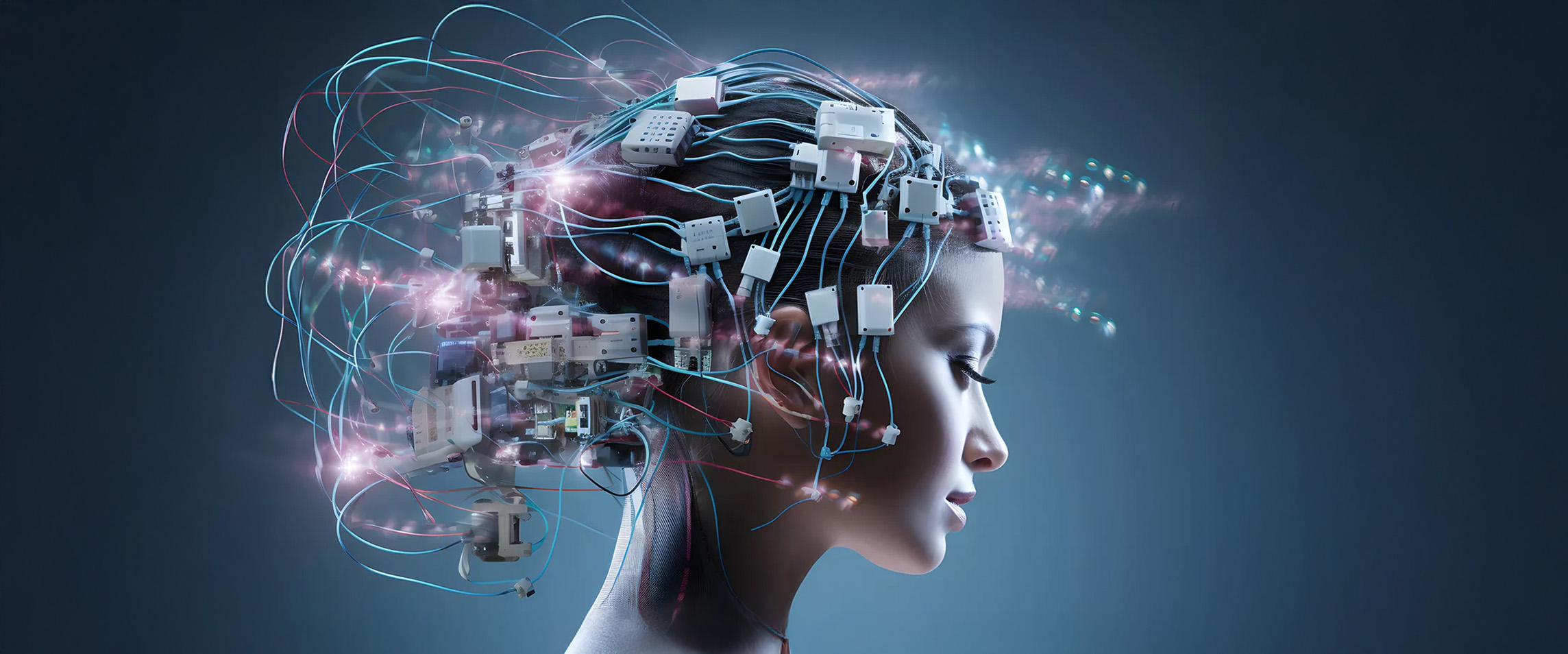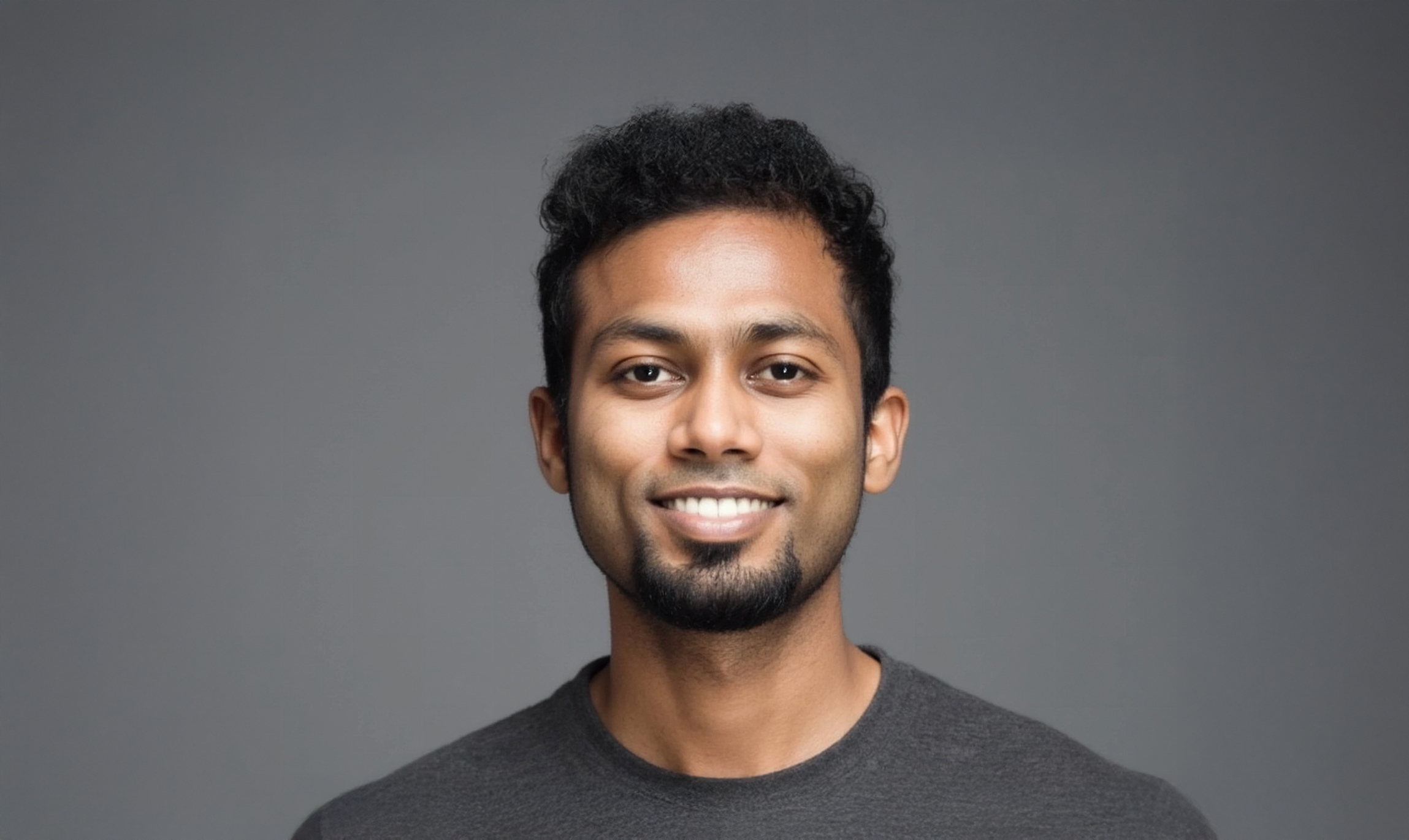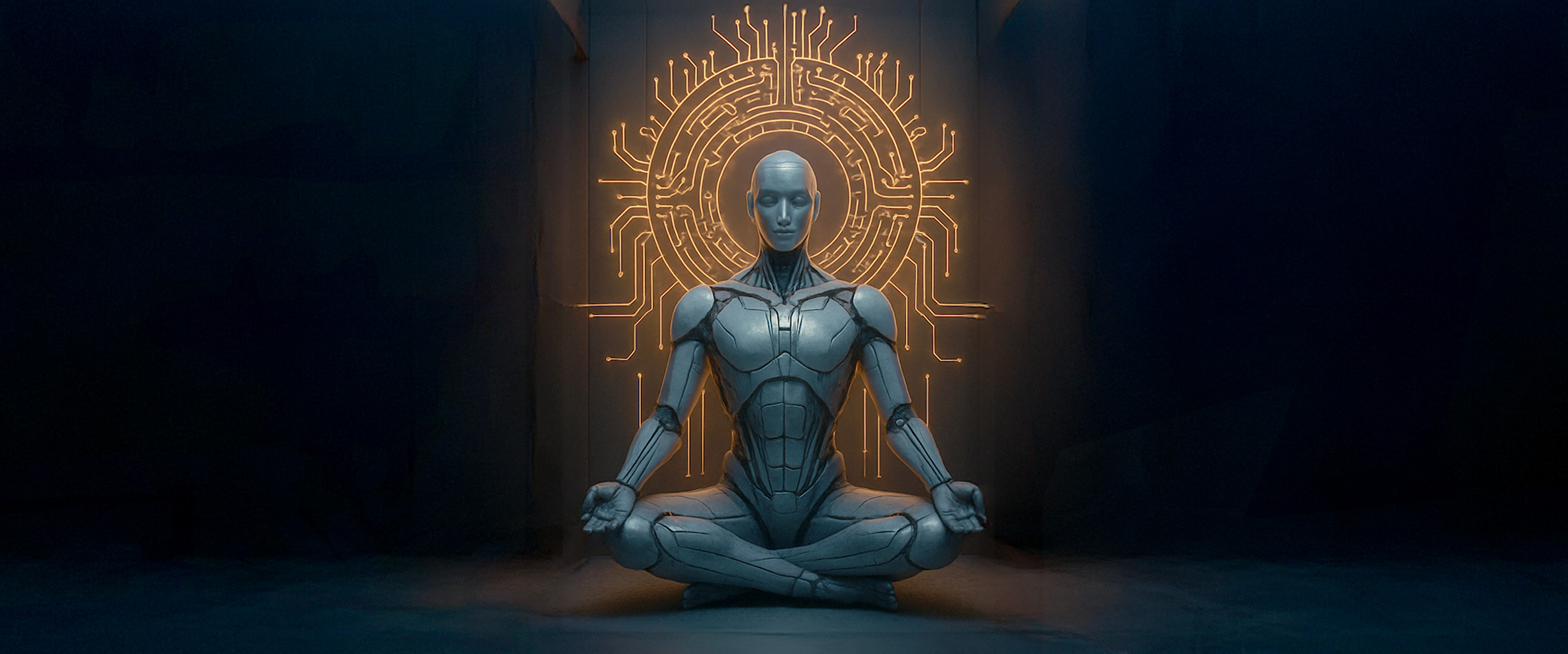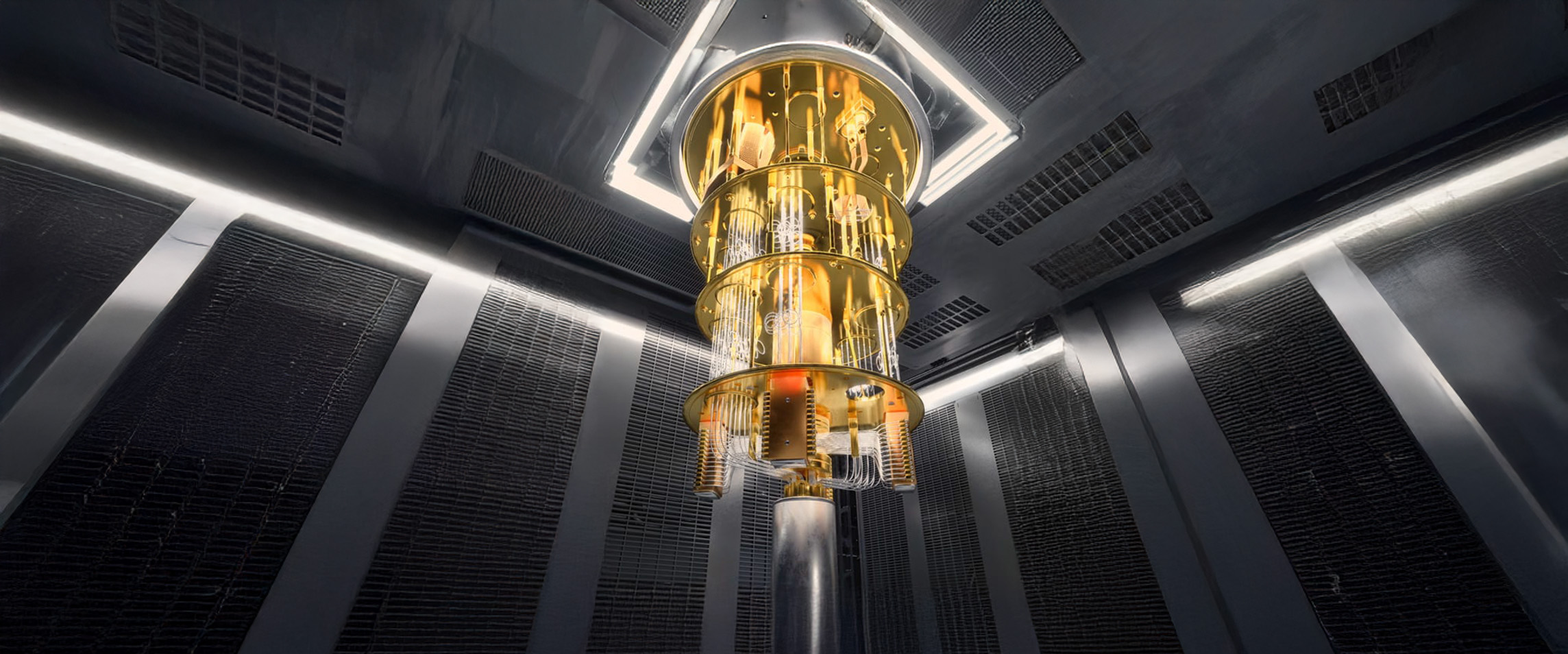Imagine a world where your thoughts could control your phone, type messages, or even move a robotic arm. That world is no longer science fiction. With Elon Musk’s Neuralink, we are stepping into an era where the human brain may interface directly with machines. But with great power comes great responsibility—and serious ethical questions.
Neuralink is a neurotechnology company founded by Elon Musk, aiming to build a direct communication pathway between the human brain and external devices. As of 2025, the company is valued at approximately $9 billion, having raised over $500 million in private funding. Its most famous project is the N1 Link, a brain-computer interface (BCI) designed to restore movement and communication for people with neurological conditions.
In early trials, the technology helped a paralyzed patient, Noland Arbaugh, control a computer cursor using only his thoughts. This breakthrough showcases how BCIs can transform lives—especially for those with spinal injuries, ALS, or other mobility impairments.
But beneath the excitement lies a terrain full of ethical, medical, and philosophical dilemmas. The closer we get to merging man with machine, the more we must ask: What are we trading for progress?
Let’s explore some hard truths emerging from Neuralink’s journey so far:
💉 Surgical Risk:
Even with robotic precision, brain surgery is never without risk. Neuralink’s implant procedure involves drilling into the skull and inserting ultra-thin threads into the brain tissue. In the case of Noland Arbaugh, a condition called pneumocephalus—air trapped in the skull—was observed post-surgery. Such interventions can lead to bleeding, inflammation, or long-term neurological effects.
🧠 Thread Detachment:
In a surprising update, Neuralink reported that up to 85% of the threads implanted in Arbaugh’s brain had detached over time. This led to a drop in the system’s bits-per-second (BPS) rate, effectively reducing the performance of the interface. While software tweaks helped restore functionality, this raises questions about the long-term stability of such implants in the moving, living brain.
🐖 Animal Testing Controversy:
Neuralink has faced backlash for its animal testing practices. Since 2018, over 1,500 animals have reportedly died during experiments. Reports from insiders suggest rushed timelines led to botched surgeries and suffering. Investigations by the USDA and other agencies have brought the company under scrutiny.
🔐 Data Privacy:
BCIs convert neural activity into digital data. But who owns that data? If thoughts become accessible to machines, there is a real concern over mental privacy. Without comprehensive data protection laws for neural data, there’s a risk of cognitive surveillance, hacking, or manipulation.
🧬 Cognitive Manipulation:
While current BCIs are mostly ‘read-only’, future versions might be capable of ‘writing’ into the brain—altering memories, stimulating feelings, or influencing decisions. This challenges core beliefs about free will, consent, and identity. What happens when external systems can influence our internal thought processes?
____
The Bible says, “Do not conform to the pattern of this world, but be transformed by the renewing of your mind” (Romans 12:2). Our mind is sacred. The concept of merging it with technology forces us to ask deeper spiritual questions. Are we enhancing what God made—or attempting to rewire His creation?
Neuralink’s vision may offer hope to the disabled, breakthroughs for science, and solutions we’ve never imagined. But we must proceed with wisdom, ethics, and caution. The future is not just about faster technology—it’s about preserving humanity. It’s about knowing when to innovate and when to pause, reflect, and ask: Just because we can—should we?
Let’s choose curiosity—with caution. Innovation—with wisdom. Progress—with prayer.
Because the future isn’t just about the next neural leap. It’s about who we become along the way.








